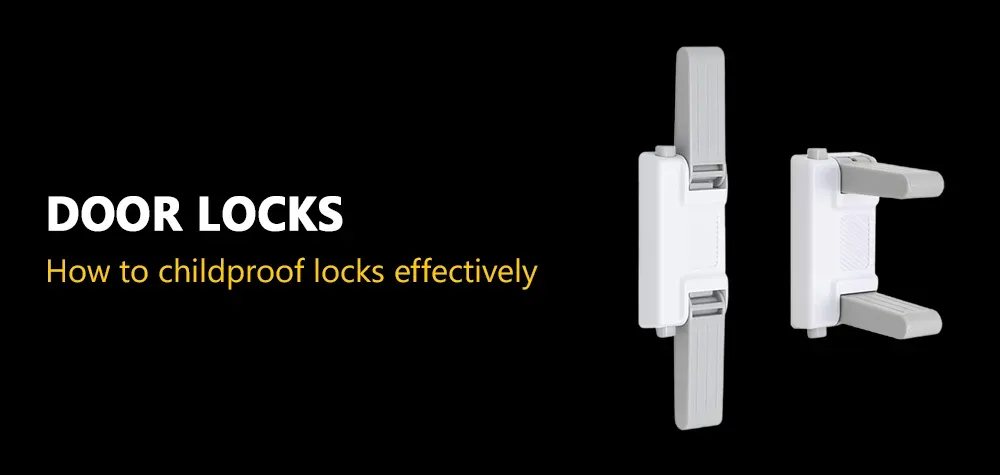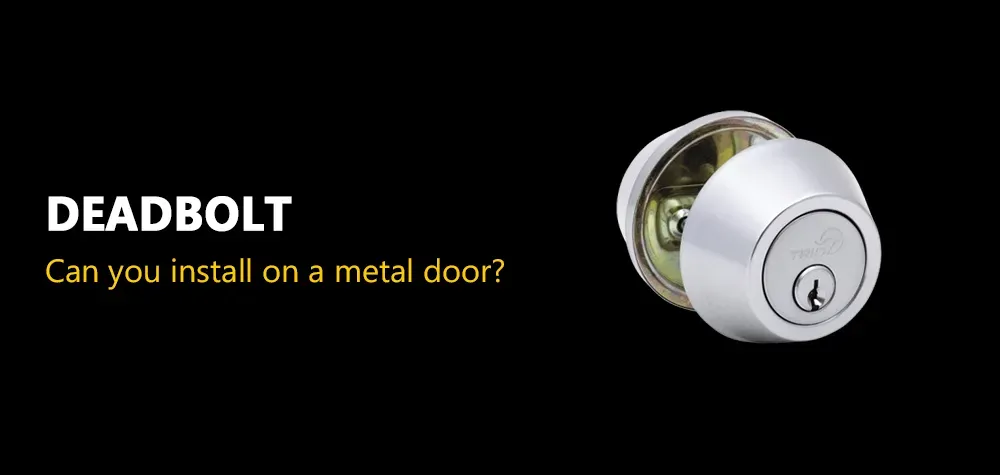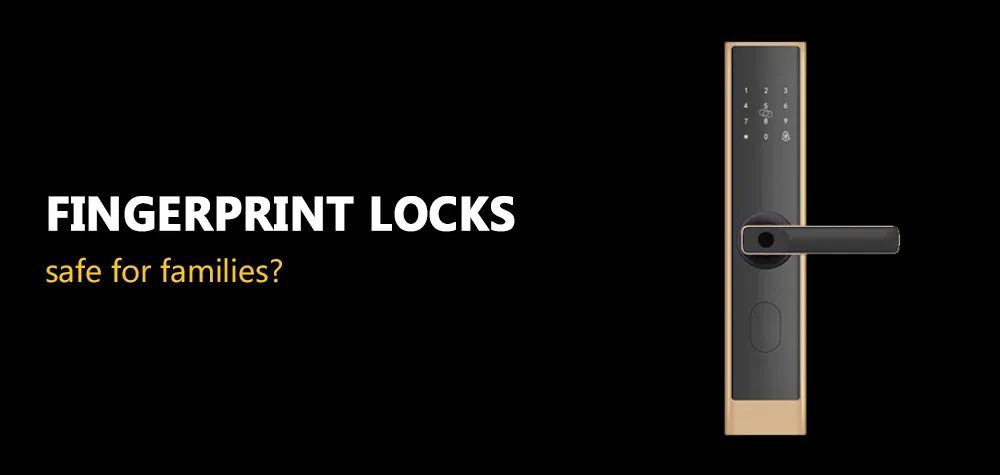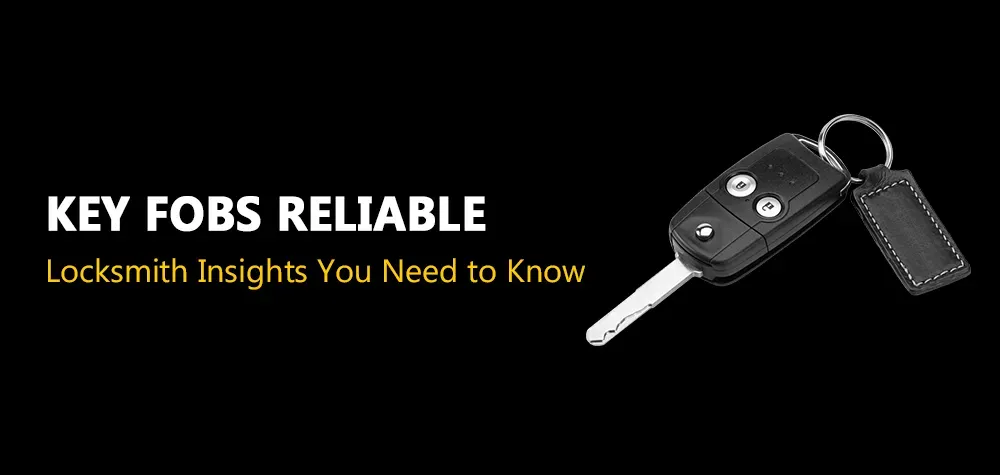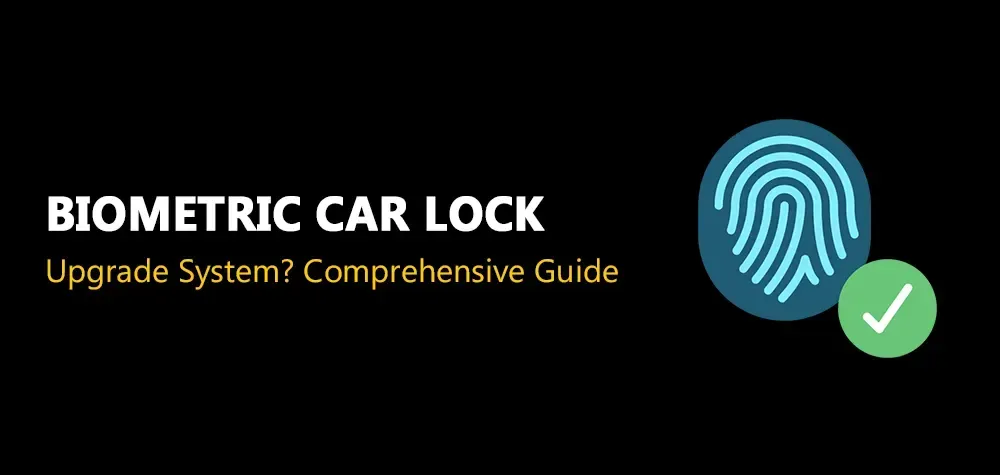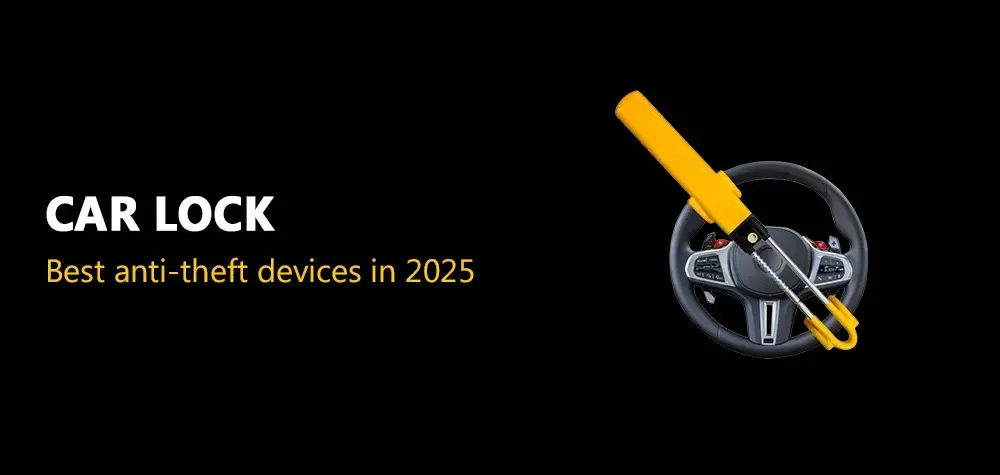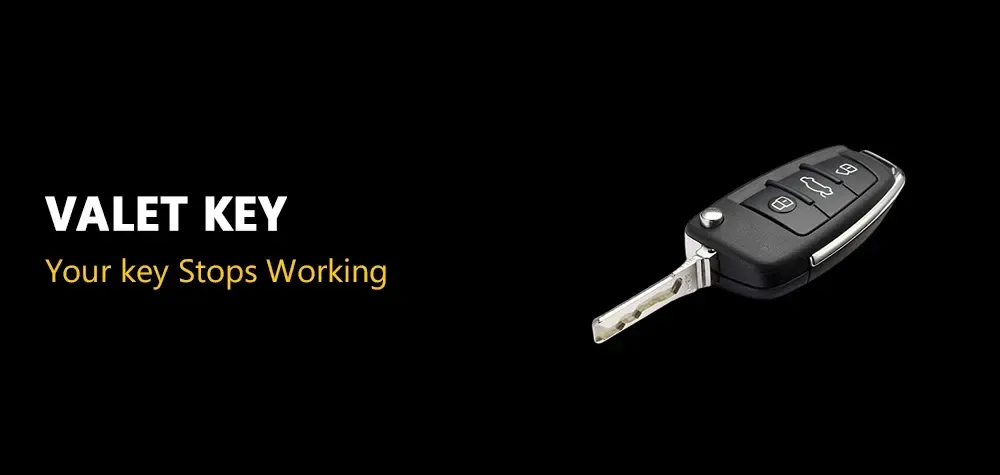What Are Access Control Systems for Commercial Properties?
Access control systems are essential for managing the security of commercial properties. They regulate who can enter a building, room, or specific area, providing enhanced security and operational efficiency. This comprehensive guide will delve into the various types of access control systems, their benefits, how they work, and why they are crucial for safeguarding commercial properties.
What Is an Access Control System?
An access control system is a security mechanism that determines and manages who is allowed to enter or exit different parts of a building. Unlike traditional locks and keys, access control systems use electronic methods to authenticate identities, offering a more secure and flexible solution for commercial properties.
Types of Access Control Systems for Commercial Properties
Discretionary Access Control (DAC)
DAC systems allow the property owner or manager to decide who has access to specific areas. These systems are highly flexible, allowing the owner to grant access to various individuals based on their roles or responsibilities.
Mandatory Access Control (MAC)
MAC is a more rigid access control model, where access permissions are determined by a central authority based on predefined policies. It is commonly used in environments where high security is paramount, such as government buildings or data centers.
Role-Based Access Control (RBAC)
RBAC assigns access based on the roles within an organization. Employees are granted access to areas necessary for their job function, reducing the risk of unauthorized access and ensuring a streamlined security process.
Biometric Access Control
Biometric systems use physical characteristics such as fingerprints, facial recognition, or retina scans to verify identity. This method offers high security, as biometrics are unique to each individual and hard to replicate.
Card-Based Access Control
This is one of the most common types of access control systems in commercial properties. Employees use a swipe or proximity card to gain access to various parts of the building. These cards can be programmed to limit access based on time, location, and other factors.
Keypad Access Control
Keypad systems require a user to enter a unique code to gain access. This method is often used in combination with other access control systems for added security.
Mobile Access Control
Mobile access control systems allow users to access secured areas using their smartphones. This method is increasingly popular due to its convenience and the widespread use of mobile devices.
Smart Locks and Remote Access Control
Smart locks can be controlled remotely via an app, allowing property managers to monitor access and manage security from anywhere. These systems are ideal for businesses that require flexible access control options.
Benefits of Access Control Systems for Commercial Properties
Enhanced Security
Access control systems provide robust security by restricting unauthorized access and allowing only verified personnel to enter secure areas. This reduces the risk of theft, vandalism, and other security breaches.
Audit and Monitoring Capabilities
These systems keep detailed logs of who enters and exits the building and at what time, providing valuable data for security audits and investigations.
Operational Efficiency
By automating the access process, businesses can streamline operations, reduce manual labor, and eliminate the need for traditional keys, which can be easily lost or duplicated.
Customizable Access Levels
Access control systems allow property managers to set specific access levels for different employees, ensuring that only authorized personnel can enter sensitive areas.
Integration with Other Security Systems
Modern access control systems can integrate with other security measures, such as CCTV and alarm systems, creating a comprehensive security solution.
How Access Control Systems Work
Authentication and Authorization
Access control systems operate on the principles of authentication (verifying identity) and authorization (granting access). When an individual attempts to enter a secured area, the system checks their credentials against a database of authorized users. If the credentials match, access is granted; if not, access is denied.
Components of an Access Control System
Access Cards/Key Fobs: Used by employees to gain access.
Card Readers: Devices that read access cards and communicate with the control panel.
Control Panel: The brain of the system, which processes access requests and controls locking mechanisms.
Locking Mechanisms: Electronic locks that secure doors.
Software: Manages user data, access levels, and system monitoring.
Why Your Commercial Property Needs an Access Control System
Protects Sensitive Information
For businesses that handle sensitive information or valuable assets, access control systems help prevent unauthorized access and protect against data breaches.
Improves Safety
By controlling who can enter specific areas, access control systems help maintain a safe environment for employees and visitors.
Compliance with Regulations
Many industries have regulatory requirements for security. Access control systems help businesses comply with these regulations by providing a clear record of access and enhancing overall security.
Choosing the Right Access Control System for Your Business
Assess Your Security Needs
Consider the size of your property, the number of employees, and the level of security required. For high-security environments, biometric or multi-factor authentication systems may be the best choice.
Budget Considerations
Determine your budget for both initial installation and ongoing maintenance. Some systems have higher upfront costs but lower long-term maintenance requirements.
Future Scalability
Choose a system that can scale with your business. As your company grows, your access control needs may change, so it’s essential to have a system that can adapt.
FAQs About Access Control Systems
1. How much does it cost to install an access control system?
The cost varies depending on the type and complexity of the system, ranging from a few hundred to several thousand dollars.
2. Can access control systems be hacked?
While no system is entirely hack-proof, modern access control systems use advanced encryption and security protocols to minimize the risk of hacking.
3. How do I choose the right access control system for my business?
Consider factors like your security needs, budget, scalability, and integration capabilities when choosing an access control system.
4. What happens if the power goes out?
Most access control systems have backup batteries or fail-safe options to ensure security is maintained during power outages.
5. Are biometric systems secure?
Biometric systems are generally very secure because they use unique physical characteristics, making them difficult to replicate or forge.
Conclusion
Access control systems are vital for managing security in commercial properties. By understanding the types, benefits, and operational features of these systems, businesses can make informed decisions to protect their assets, employees, and data. Investing in the right access control system ensures enhanced security, operational efficiency, and peace of mind.
Overview of Access Control System Capabilities for Managing Security & Access
Call Us Any Time!
